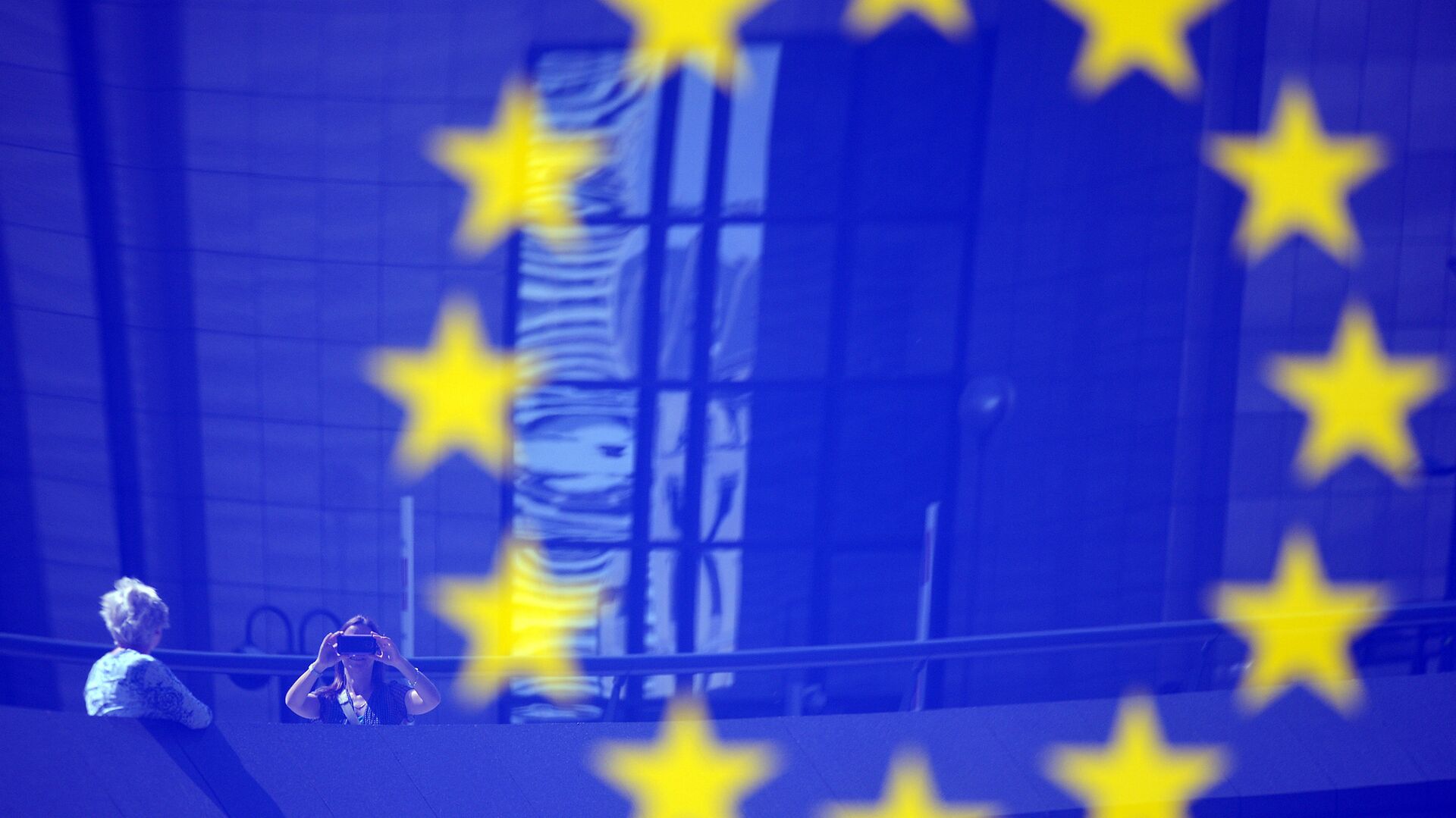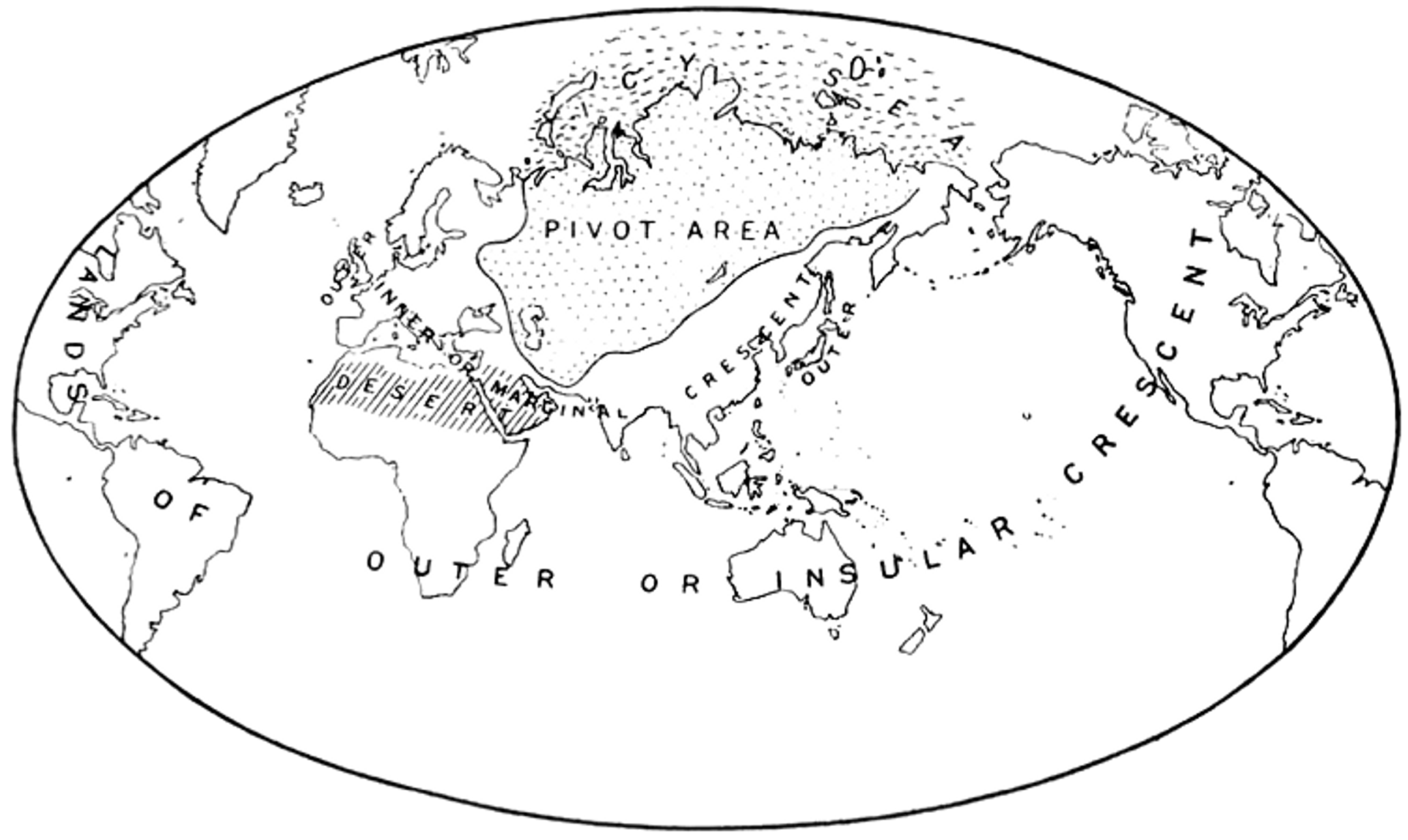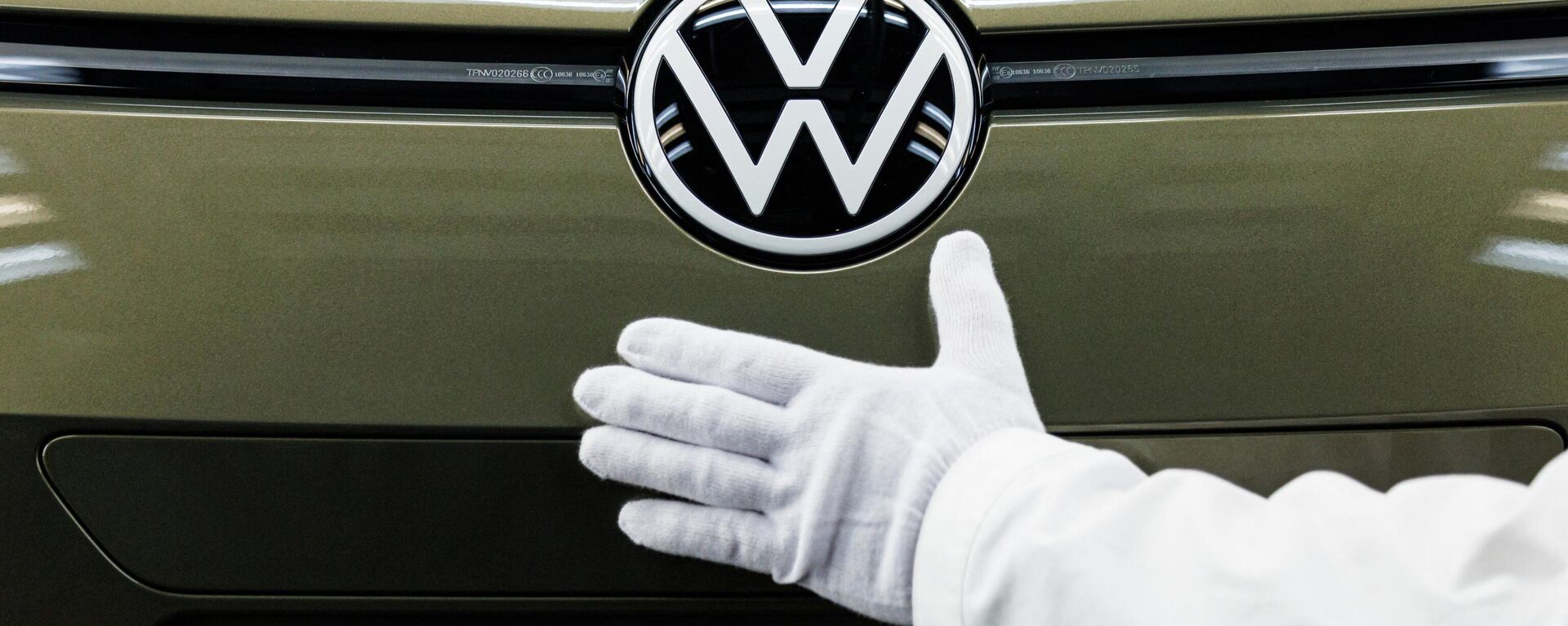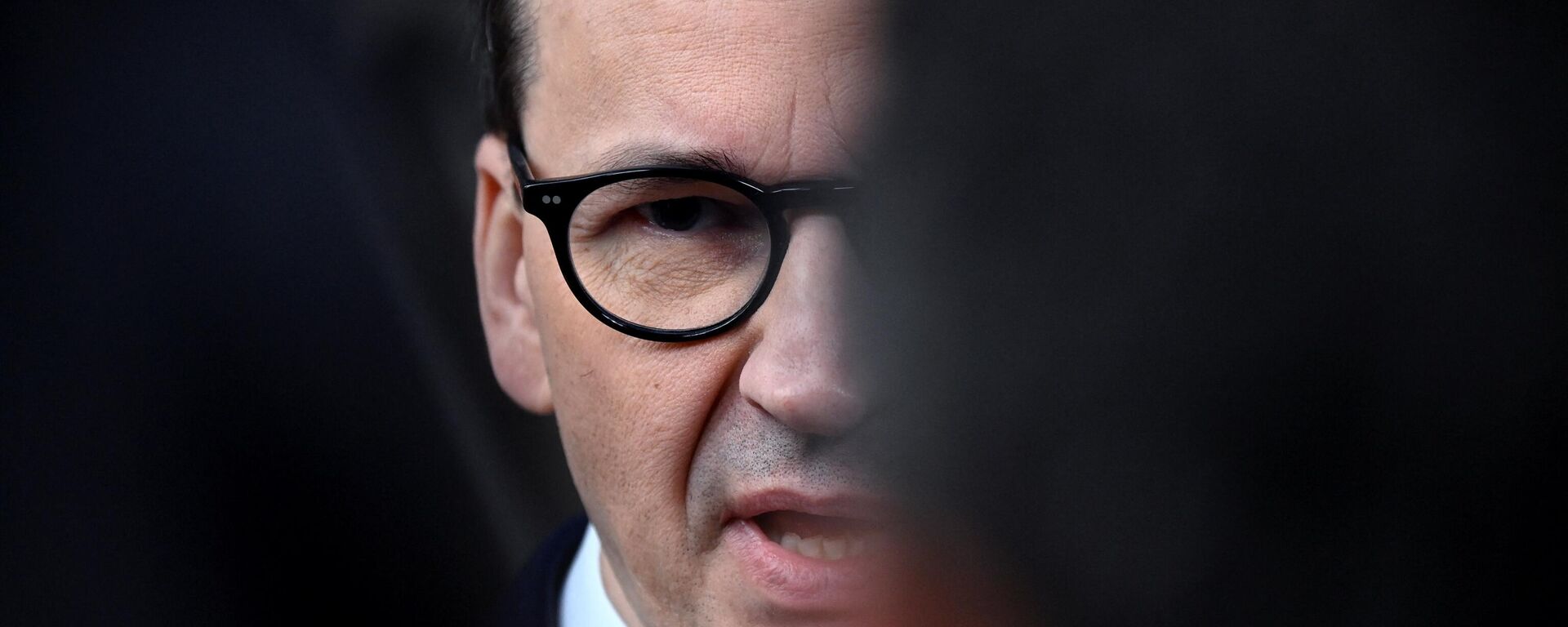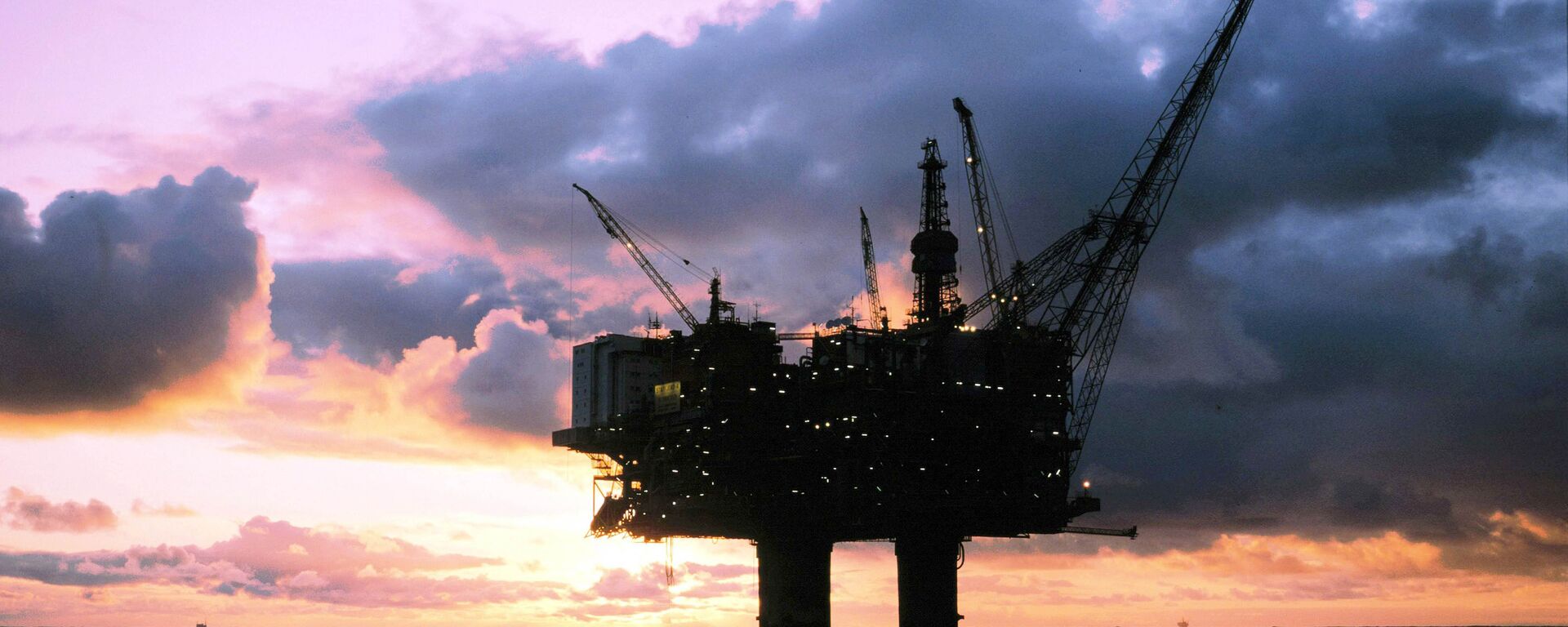https://sputnikglobe.com/20230325/how-has-ukrainian-conflict-affected-the-eus-well-being-1108787281.html
How Has Ukrainian Conflict Affected the EU's Well-Being?
How Has Ukrainian Conflict Affected the EU's Well-Being?
Sputnik International
The European Council assured UN chief Antonio Guterres this week that Brussels would “continue to provide strong political, economic, military, financial and humanitarian support” to Kiev “for as long as it takes” to defeat Russia. But how has the bloc itself faired in the US-led proxy war against Moscow in Ukraine? Sputnik explores.
2023-03-25T18:35+0000
2023-03-25T18:35+0000
2023-03-25T18:35+0000
analysis
european union (eu)
russia
ukraine
ukraine crisis
europe's energy crisis
energy crisis
european energy crisis 2022
trade
https://cdn1.img.sputnikglobe.com/img/106128/54/1061285449_0:160:3077:1890_1920x0_80_0_0_64bd6ccecbcad575933e68dc80c2465f.jpg
The outgoing week was another eventful one crisis in Ukraine, with EU leaders pledging to increase ammunition deliveries to Kiev, kicking off talks on a new, 11th package of anti-Russian sanctions, and ramping up discussions on the conflict-torn nation’s possible entry into the bloc – a dream pursued by Brussels policymakers since Ukraine’s first color revolution in 2005.On Wednesday, the European Council – the Brussels-based body responsible for the EU’s overall political direction and priorities – issued a 12-point bulletin summarizing a meeting between bloc officials and Antonio Guterres of the UN, reiterating the EU's demand for the "complete and unconditional" withdrawal of Russian forces from the conflict area, including the surrender of Crimea and the Donbass."The European Union remains committed to maintaining and increasing collective pressure on Russia, including through possible further restrictive measures, and to continue working on the oil price cap together with partners. The European Council underlines the importance and urgency of stepping up efforts to ensure effective implementation of sanctions at [the] European and national level and is firmly committed to effectively preventing and countering circumvention in and by third countries," the statement said.How Has the Ukrainian Crisis Affected EU Countries?Bombastic rhetoric aside, Russia's economy (which saw a 2.1 percent drop in GDP in 2022, and is projected to see a moderate return to growth in 2023) has proven surprisingly flexible, and has served to shatter Western countries' illusions about their ability to sanction a nation into submission and blow up its economy through trade restrictions. But how has the European Union fared by comparison?After taking a series of unilateral measures last year to cut themselves off from Russian energy, European businesses and consumers were hit with sky-high energy costs, engulfing part of the bloc in a recession, and leaving most countries jittery about the prospects of a sustained EU-wide economic downturn.EU officials have put a brave face on things, issuing a series of policy decisions meant to inspire confidence, including the acceleration of Brussels' "green" agenda reforms and measures to revamp the single market and ease regulations to ease economic competition against the United States and China.Behind the scenes, cracks began appearing from the very onset of the crisis, with the tens of billions of euros the bloc has spent directly funding the Ukrainian proxy war complemented by fears that “trillions” may have been sacrificed in lost growth, both in Europe and across the world.A German Chambers of Industry and Commerce report last month warned that the Ukrainian conflict will have cost the central European industrial powerhouse alone upwards of 160 billion euros ($171 billion), or 4 percent of GDP, in lost growth by the end of 2023, for a per capita GDP loss of 2,000 euros per person.A report by Spanish financial services company Santander last year calculated that the budgetary impact of the conflict – including losses resulting from higher energy costs, would reach 175 billion euros, or 1.1-1.4 percent of GDP, in 2022.In practice, this has meant not only higher utilities bills, inflation and food costs, but a variety of other additional costs and knock-on effects, including spending to support refugees, and higher travel costs, resulting from Russia’s tit-for-tat closure of airspace to commercial air traffic, resulting in massive detours costing European airlines hundreds of millions of euros in fuel, millions of hours and millions of additional tons of carbon dioxide emissions.How Long Can EU Last Without Russian Gas?The unusually mild winter of 2022-2023, the second-warmest on record, has resulted in one big collective sigh of relief from European officials responsible for slashing energy contracts with Russia, while some media have gone so far as to ostentatiously claim that "Climate Change Saved Europe From Putin This Winter."However, as the Russian president pointed out last spring, what makes the EU’s restrictions on Russian energy illogical and even "suicidal" isn’t Europe's ability or inability to survive without Russian oil and gas in winter, but the long-term consequences of a dearth of cheap, secure Russian supplies.The warning proved prophetic, as German, French and other industrial leaders has been raising concerns over the past year that the spike in energy costs has left Europe’s industries uncompetitive and at risk of deindustrialization - since companies pick up production and move to markets where energy costs are more tolerable.Wave after wave of panicky media reports and economic analyses have predicted that the loss of steel and chemical makers, car manufacturers, pharmaceutical and food companies could mean the end of "Made in Europe" in the not-so-distant future. Just don’t say Moscow didn’t warn you.How Has EU Military Assistance to Ukraine Affected Regional Security?Along with economic concerns, the Ukrainian crisis has robbed European countries of a substantial portion of their defense capabilities. Senior NATO officials including bloc chief Jens Stoltenberg are currently calling for even higher military spending (although with outlays reaching $1.2 trillion in 2022, NATO spent over 16 times what Russia did on defense that year), amid concerns by the alliance that countries are running out of weapons to protect themselves and allies. Earlier this year, UK officials grumbled about the military being effectively “hollowed out” by aid to Kiev. Separately, a Danish government defense advisor warned that Copenhagen’s move to send its entire arsenal of CAESAR howitzers to Kiev would “really hurt” the country’s defense capabilities. As for the Bundeswehr, the rush to send weapons to Kiev has left the German military juggernaut with enough weapons to last just "a few days" in the event of a full-blown conflict.Depriving the EU and its US allies of their ability to wage wars of aggression against other countries would all be well and good, if it wasn’t for the fact that the weapons being sent up by Kiev aren’t simply being destroyed, but being used for indiscriminate attacks against Donbass cities, while part of the inventory is diverted and sold off to gangs and militias in other countries and regions.Which European Countries Have 'Helped' Ukraine the Most?The World Bank announced this week that the cost to rebuild Ukraine would be over $400 billion. It’s unclear where this money could come from, given that EU and US aid to Ukraine isn’t free, and Kiev is already expected to spend decades paying off creditors in full, plus interest, for the $100+ billion in assistance already doled out.The European Union collectively has provided over 35 billion euros in military, humanitarian and financial support for Ukraine, with Germany pitching in 6.15 billion euros, including 2.2 billion euros in military aid, according to the Kiel Institute for the World Economy, making it the fourth largest single donor after the US, the EU, and the United Kingdom.Which European Countries Have Been Least Affected by the Ukrainian Crisis?Not all of the 27 members of the EU have been affected by the Ukrainian crisis equally. Greece, Malta, Cyprus, Romania, Denmark, Croatia, Slovenia, Bulgaria and the Netherlands enjoyed GDP growth of between 0.6 and 1.4 percent in the final quarter of 2022. Norway, which is not a member of the EU, enjoyed 3.6 percent GDP growth in 2022 as regional countries turned to Oslo to buy its hydrocarbon resources and avoid buying Russian energy.Why is Ukraine so Important to the EU, and Could Ukraine End Up Joining?While today’s Ukraine holds the unenviable status of Europe's poorest nation, historically, the country has long been one of the most sought after territories on the continent, with its immense agricultural wealth, combined with vast energy, industrial, machine-building and R&D capability created during the Imperial and Soviet periods, long making it the crown jewel of the Russian and Soviet states, and a prime target for aggression by the West, including Hitler’s Germany, during the 20th century.Brussels set its sights on the incorporation of Ukraine in 2012, when it drew up an association agreement with Kiev designed to ease trade and facilitate the creation of a new market for EU goods. After President Viktor Yanukovych decided to skip association in favor of closer economic ties with the Russia-led Eurasian Union, he was overthrown in an EU and US-backed coup, sparking the current crisis, and a full-blown military conflict in the Donbass, in the spring of 2014.While the current conflict has often been cloaked in rhetoric about the need to defend "freedom," "international law" and the "rules-based international order," US and European policymakers have not shied away from occasionally letting slip the West’s true interest in Ukraine.Militarily and strategically too, Ukraine is a key prize for the EU and NATO in the quest to "contain" and declaw the Russian bear. As international affairs scholar Dusica Lazarevic explained in a candid 2009 article, the West's desire to see Ukraine join NATO stemmed from the fact that "geopolitics still matter[s]" even after the supposed end of the Cold War in 1991.Russia spent most of the past thirty years seeking to facilitate cooperation with the European Union, and over seven years trying to reach a negotiated peace in the Donbass and assure Ukraine’s continued bloc neutrality. But in retrospect, the West's irrepressible longing to incorporate Kiev into its own economic and security blocs seem to have made the current crisis inevitable, with ordinary Europeans now being made to pay the economic and security costs of their leaders' shortsightedness.
https://sputnikglobe.com/20230224/why-western-sanctions-against-russia-failed-1107713475.html
https://sputnikglobe.com/20230228/france-spends-twice-as-much-on-ukrainian-refugees-as-on-other-migrants--1107875846.html
https://sputnikglobe.com/20230308/is-europe-at-risk-of-deindustrialization-german-carmaker-reportedly-prefers-us-for-battery-plant-1108173485.html
https://sputnikglobe.com/20230325/poland-germany-not-as-generous-as-it-should-be-in-funneling-support-to-ukraine-1108784376.html
https://sputnikglobe.com/20230307/norway-rakes-in-record-oil-and-gas-revenues-amid-ukraine-conflict-1108135201.html
russia
ukraine
Sputnik International
feedback@sputniknews.com
+74956456601
MIA „Rossiya Segodnya“
2023
News
en_EN
Sputnik International
feedback@sputniknews.com
+74956456601
MIA „Rossiya Segodnya“
Sputnik International
feedback@sputniknews.com
+74956456601
MIA „Rossiya Segodnya“
crisis in ukraine, war in ukraine, ukrainian conflict, ukrainian proxy war, proxy war in ukraine, gas crisis in europe 2023, crisis in europe, crisis in europe 2023, crisis in european union, impact of t he russia-ukraine conflict on trade, how is the war in ukraine affecting the eu, negative effects of russia and ukraine war, war in ukraine affect us economy, war in ukraine effect on economy
crisis in ukraine, war in ukraine, ukrainian conflict, ukrainian proxy war, proxy war in ukraine, gas crisis in europe 2023, crisis in europe, crisis in europe 2023, crisis in european union, impact of t he russia-ukraine conflict on trade, how is the war in ukraine affecting the eu, negative effects of russia and ukraine war, war in ukraine affect us economy, war in ukraine effect on economy
The outgoing week was another eventful one crisis in Ukraine, with EU leaders
pledging to increase ammunition deliveries to Kiev, kicking off talks on
a new, 11th package of anti-Russian sanctions, and ramping up discussions on the conflict-torn nation’s
possible entry into the bloc – a dream pursued by Brussels policymakers since Ukraine’s first color revolution in 2005.
On Wednesday, the European Council – the Brussels-based body responsible for the EU’s overall political direction and priorities – issued a
12-point bulletin summarizing a
meeting between bloc officials and Antonio Guterres of the UN, reiterating the EU's demand for the "complete and unconditional" withdrawal of Russian forces from the conflict area, including the surrender of Crimea and the Donbass.
"The European Union remains committed to maintaining and increasing collective pressure on Russia, including through possible further restrictive measures, and to continue working on the oil price cap together with partners. The European Council underlines the importance and urgency of stepping up efforts to ensure effective implementation of sanctions at [the] European and national level and is firmly committed to effectively preventing and countering circumvention in and by third countries," the statement said.
How Has the Ukrainian Crisis Affected EU Countries?
Bombastic rhetoric aside, Russia's economy (which saw a
2.1 percent drop in GDP in 2022, and is projected to see a
moderate return to growth in 2023) has proven surprisingly flexible, and has served to shatter Western countries' illusions about their ability to sanction a nation into submission and blow up its economy through trade restrictions. But how has the European Union fared by comparison?
After taking a series of unilateral measures last year to cut themselves off from Russian energy, European businesses and consumers were hit with sky-high energy costs,
engulfing part of the bloc in a recession, and leaving most countries
jittery about the prospects of a sustained EU-wide economic downturn.
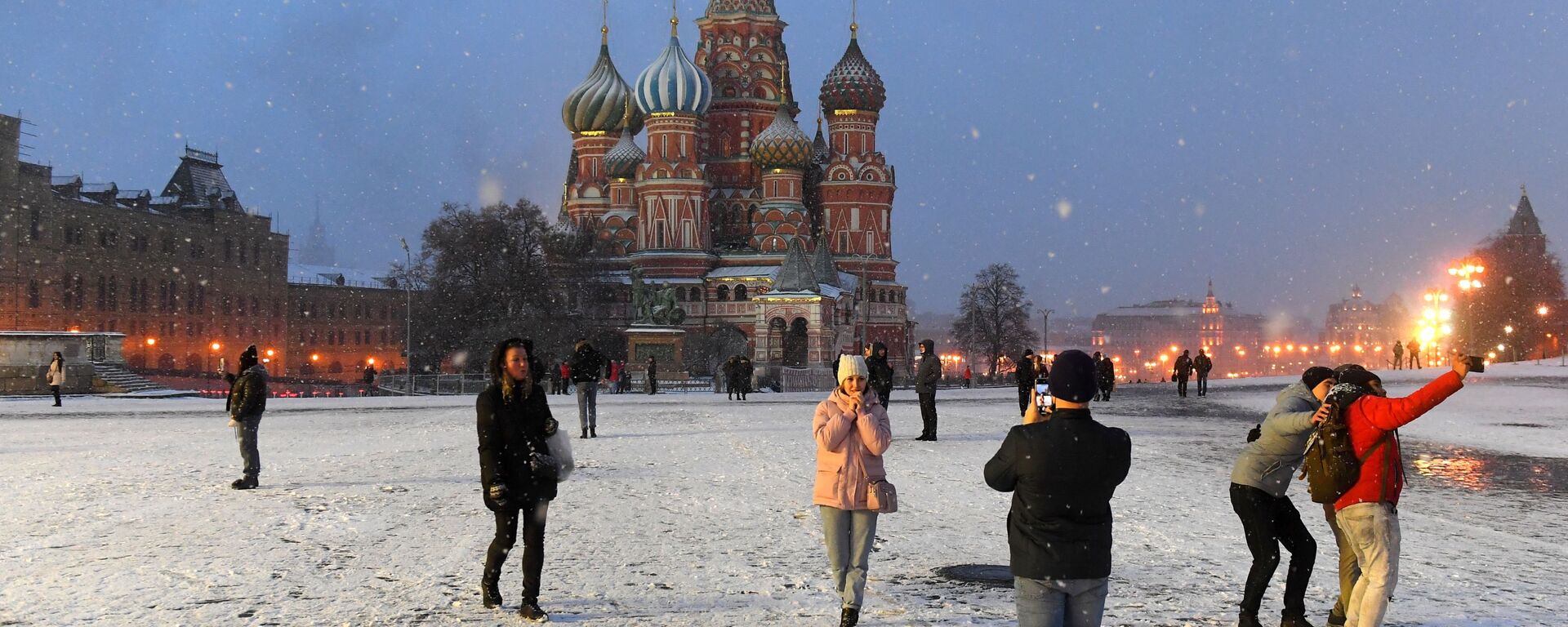
24 February 2023, 10:00 GMT
EU officials have put a brave face on things, issuing a series of policy decisions meant to inspire confidence, including the acceleration of Brussels' "green" agenda reforms and
measures to revamp the single market and ease regulations to ease economic competition against the United States and China.
Behind the scenes, cracks began appearing from the very onset of the crisis, with the tens of billions of euros the bloc has spent directly funding the Ukrainian proxy war complemented by
fears that “trillions” may have been sacrificed in lost growth, both in Europe and across the world.
A German Chambers of Industry and Commerce report last month warned that the Ukrainian conflict will have cost the central European industrial powerhouse alone upwards of
160 billion euros ($171 billion), or 4 percent of GDP, in lost growth by the end of 2023, for a per capita GDP loss of 2,000 euros per person.
A report by Spanish financial services company Santander last year calculated that the budgetary impact of the conflict – including losses resulting from higher energy costs, would reach
175 billion euros, or 1.1-1.4 percent of GDP, in 2022.
In practice, this has meant not only higher utilities bills, inflation and food costs, but a variety of other additional costs and knock-on effects, including
spending to support refugees, and
higher travel costs, resulting from Russia’s tit-for-tat closure of airspace to commercial air traffic, resulting in massive detours costing European airlines hundreds of millions of euros in fuel, millions of hours and millions of additional tons of carbon dioxide emissions.
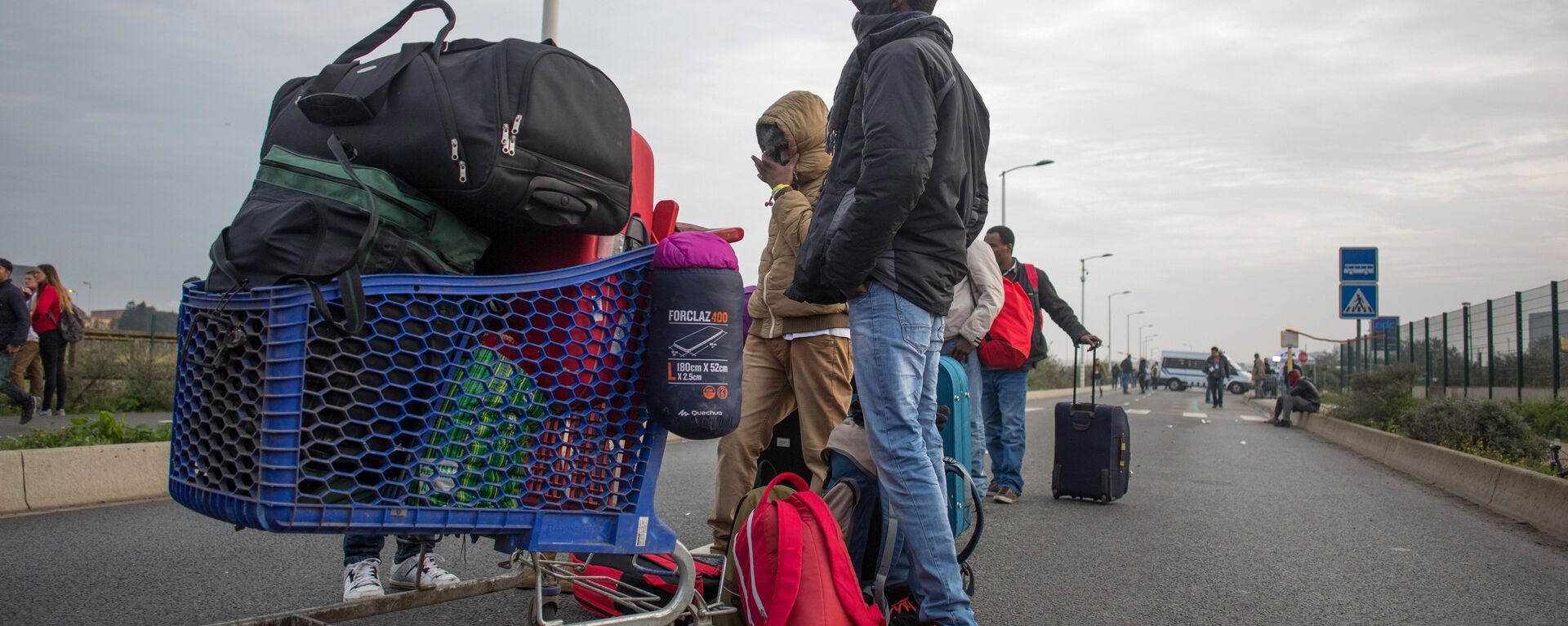
28 February 2023, 16:02 GMT
How Long Can EU Last Without Russian Gas?
The unusually mild winter of 2022-2023, the
second-warmest on record, has resulted in one big collective sigh of relief from European officials responsible for slashing energy contracts with Russia, while some media have gone so far as to ostentatiously
claim that "Climate Change Saved Europe From Putin This Winter."
However, as the Russian president pointed out last spring, what makes the EU’s restrictions on Russian energy illogical and even "suicidal" isn’t Europe's ability or inability to survive without Russian oil and gas in winter, but the long-term consequences of a dearth of cheap, secure Russian supplies.
"This will seriously – and according to some experts irrevocably – undermine the competitiveness of a significant part of European industry, which is already losing the competition to companies in other regions of the world," Putin warned at the time.
The warning proved prophetic, as German, French and other industrial leaders has been raising concerns over the past year that the spike in energy costs has left Europe’s industries
uncompetitive and at risk of deindustrialization - since companies pick up production and move to markets where energy costs are more tolerable.
Wave after
wave of panicky media reports and economic
analyses have predicted that the loss of steel and chemical makers, car manufacturers, pharmaceutical and food companies could mean the end of "Made in Europe" in the not-so-distant future. Just don’t say Moscow didn’t warn you.
How Has EU Military Assistance to Ukraine Affected Regional Security?
Along with economic concerns, the Ukrainian crisis has robbed European countries of a substantial portion of their defense capabilities. Senior NATO officials including bloc chief Jens Stoltenberg are currently calling for
even higher military spending (although with outlays reaching $1.2 trillion in 2022, NATO spent over 16 times what Russia did on defense that year), amid concerns by the alliance that countries are running out of weapons to protect themselves and allies. Earlier this year, UK officials grumbled about the military being effectively
“hollowed out” by aid to Kiev. Separately, a Danish government defense advisor warned that Copenhagen’s move to send its entire arsenal of CAESAR howitzers to Kiev would
“really hurt” the country’s defense capabilities. As for the Bundeswehr, the rush to send weapons to Kiev has left the German military juggernaut with enough weapons to last
just "a few days" in the event of a full-blown conflict.
Depriving the EU and its US allies of their ability to wage wars of aggression against other countries would all be well and good, if it wasn’t for the fact that the weapons being sent up by Kiev aren’t simply being destroyed, but being used for indiscriminate attacks against Donbass cities, while part of the inventory is diverted and sold off to gangs and militias in other countries and regions.
Which European Countries Have 'Helped' Ukraine the Most?
The World Bank announced this week that the cost to rebuild Ukraine would be
over $400 billion. It’s unclear where this money could come from, given that EU and US aid to Ukraine
isn’t free, and Kiev is already expected to spend decades paying off creditors in full, plus interest, for the $100+ billion in assistance already doled out.
The European Union collectively has provided over 35 billion euros in military, humanitarian and financial support for Ukraine, with Germany pitching in 6.15 billion euros, including 2.2 billion euros in military aid, according to the Kiel Institute for the World Economy, making it the
fourth largest single donor after the US, the EU, and the United Kingdom.
Which European Countries Have Been Least Affected by the Ukrainian Crisis?
Not all of the 27 members of the EU have been affected by the Ukrainian crisis equally. Greece, Malta, Cyprus, Romania, Denmark, Croatia, Slovenia, Bulgaria and the Netherlands enjoyed GDP growth of between 0.6 and 1.4 percent in the final quarter of 2022.
Norway, which is not a member of the EU, enjoyed 3.6 percent GDP growth in 2022 as regional countries turned to Oslo to buy its hydrocarbon resources and avoid buying Russian energy.
Why is Ukraine so Important to the EU, and Could Ukraine End Up Joining?
While today’s Ukraine holds the unenviable status of Europe's
poorest nation, historically, the country has long been one of the most sought after territories on the continent, with its immense agricultural wealth, combined with vast energy, industrial, machine-building and R&D capability created during the Imperial and Soviet periods, long making it the crown jewel of the Russian and Soviet states, and a prime target for aggression by the West, including Hitler’s Germany, during the 20th century.
Brussels set its sights on the incorporation of Ukraine in 2012, when it drew up an association agreement with Kiev designed to ease trade and facilitate the creation of a new market for EU goods. After President Viktor Yanukovych decided to skip association in favor of closer economic ties with the Russia-led Eurasian Union, he was overthrown in an EU and US-backed coup, sparking the current crisis, and a full-blown military conflict in the Donbass, in the spring of 2014.
While the current conflict has often been cloaked in rhetoric about the need to defend "freedom," "international law" and the "rules-based international order," US and European policymakers have not shied away from occasionally letting slip the West’s true interest in Ukraine.
As a mouth-watering analysis by Carnegie Europe from 2013 pointed out, "Ukraine offers" the EU "a market of 45 million consumers, and 70 percent of its arable land is made up of some of the most fertile soil in Europe." On top of that, "Ukraine also offers energy resources that the EU needs," due to its status as “one of the biggest producers of electricity in Europe."
Militarily and strategically too, Ukraine is a key prize for the EU and NATO in the quest to "contain" and declaw the Russian bear. As international affairs scholar Dusica Lazarevic
explained in a candid 2009 article, the West's desire to see Ukraine join NATO stemmed from the fact that "geopolitics still matter[s]" even after the supposed end of the Cold War in 1991.
"From the period of the creation of NATO until the present, geopolitics has been a continually important consideration in the formation and expansion of the alliance. If we apply [Halford John] Mackinder’s Heartland theory to the NATO enlargement process, the strategically important territories in Eastern Europe are not (yet) under NATO’s umbrella. Coincidentally or not, that is currently the major matter of dispute between Russia and the West," Lazarevic wrote.
Russia spent most of the past thirty years seeking to facilitate cooperation with the European Union, and over seven years trying to reach a negotiated peace in the Donbass and assure Ukraine’s continued bloc neutrality. But in retrospect, the West's irrepressible longing to incorporate Kiev into its own economic and security blocs seem to have made the current crisis inevitable, with ordinary Europeans now being made to pay the economic and security costs of their leaders' shortsightedness.
